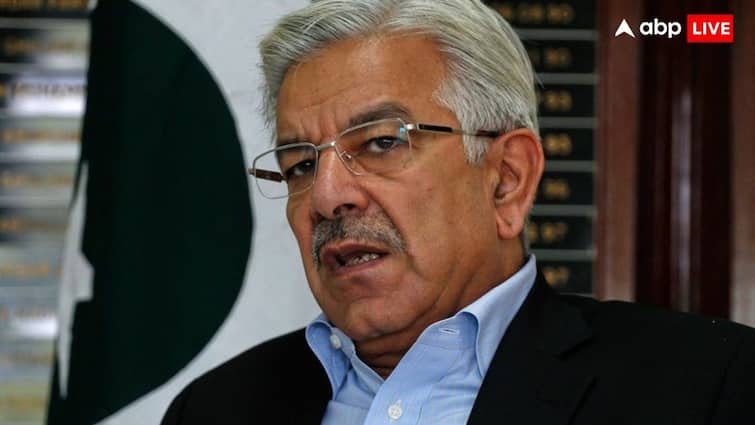Pakistan’s Defence Minister Khawaja Asif has accused Afghanistan of waging what he called “India’s proxy war,” claiming that key decisions in Kabul are being orchestrated from New Delhi. His sharp remarks come just days after a fragile ceasefire was announced between the two neighbours following deadly cross-border clashes.
‘Decisions Made In New Delhi, Not Kabul’
Speaking to local media, Asif questioned the sincerity of Afghanistan’s leadership, asserting that its recent actions align more with India’s interests than its own. “The decisions are being taken in New Delhi,” he alleged, casting doubt on the ceasefire’s durability.
The minister also took aim at Afghan Foreign Minister Amir Khan Muttaqi, suggesting that his recent six-day trip to India had ulterior motives. Although the Taliban said the visit focused on trade and bilateral relations, Asif claimed the trip was part of a broader strategic plan designed in coordination with New Delhi.
Ceasefire Follows Days Of Deadly Clashes
The two countries entered a 48-hour ceasefire late Wednesday after a week of intense fighting along their southern border. The truce began at 6 p.m. Islamabad time (1300 GMT) and was confirmed by both governments, though each side insisted the other had requested it first.
According to Pakistan’s Foreign Ministry, both nations agreed to use the temporary truce as an opportunity to pursue “constructive dialogue” and seek a “positive solution” to the escalating tensions.
In Kabul, Taliban officials said their forces had been ordered to observe the ceasefire “unless it is violated” by Pakistan. The announcement came after fierce clashes that left dozens of soldiers and civilians dead on both sides.
Mutual Accusations Deepen Rift
Tensions between Islamabad and Kabul have spiked in recent weeks, with both sides trading serious allegations. Afghan officials have accused Pakistan of supporting the Islamic State’s local affiliate, IS-Khorasan, and aiding its attacks inside Afghan territory.
Pakistan, meanwhile, blames the Taliban government for sheltering members of the Tehreek-e-Taliban Pakistan (TTP), a banned militant group responsible for numerous assaults on Pakistani forces.
Airstrikes And Retaliation Along The Durand Line
The latest flare-up was triggered by Pakistani airstrikes near Kabul last week, reportedly aimed at eliminating a TTP commander. While Afghanistan downplayed the damage from those strikes, Taliban forces retaliated by attacking Pakistani border posts along the Durand Line, the 2,640-kilometre frontier that has long been a flashpoint in their troubled relationship.



